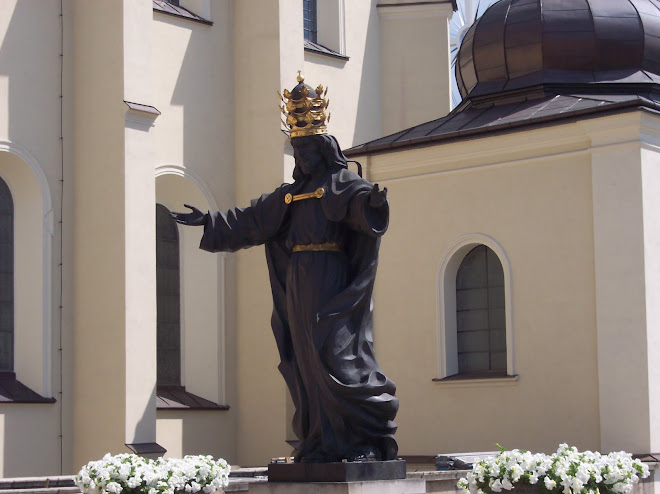Everything here is from Wikipedia, and I have left the links intact.
I am about to start reading Bruno Schulz's extant works.
Let nothing be forgotten.
Bruno Schulz (July 12, 1892 – November 19, 1942) was a Polish writer, fine artist, literary critic and art teacher born to Jewish parents.[1] He is regarded as one of the great Polish-language prose stylists of the 20th century. In 1938, he was awarded the Polish Academy of Literature's prestigious Golden Laurel award. Several of Schulz's works have been lost in the Holocaust, including short stories from the early 1940s and his final, unfinished novel The Messiah. Schulz was shot and killed by a German Nazi in 1942 while walking back home toward Drohobycz Ghetto with a loaf of bread.
In June 1941, Felix Landau volunteered for Einsatzkommando service. He began his diary in July 1941, interspersing sentimental letters to his fiancée with detailed records of his participation in atrocities of what later came to be known as the Holocaust. He describes "shooting exercises" and "wild actions", shooting sprees wherein he and his men would pick off random Jews who worked nearby or passed by on the street. In one such event in November 1942, Landau killed the personal dentist of a fellow officer, Karl Günther. In revenge, Günther caught up with Bruno Schulz, then under the protection of Landau, and shot him twice in the head. According to Schulz's friend Izydor Friedman, who witnessed the death, this happened at the corner of Czacki and Mickiewicz Streets. Later, Günther told Landau: "You killed my Jew - I killed yours."
At the end of 1941, he lived with Gertrude in an aristocratic villa. He divorced his first wife in 1942 and married Gertrude in 1943 (divorced in 1946). Until May 1943, Landau was in charge of organizing Jewish labor.
After World War II
In 1946, a former worker recognized him in Linz. Landau was arrested by the Americans but escaped from Glasenbach prison camp in August 1947. Under the name of Rudolf Jaschke he started an interior decorating company in Bavaria.[3]
In 1959, Landau was arrested and accused of the massacres. He was condemned to life imprisonment in 1962 at the Stuttgart Assize Court.
In 1973 he was pardoned. [4]
Quotes from this degenerate's diary[edit]
- Lwow - 5 July 1941... There were hundreds of Jews walking along the street with blood pouring down their faces, holes in their heads, their hands broken and their eyes hanging out of their sockets. They were covered in blood. Some were carrying others who had collapsed. We went to the citadel; there we saw things that few people have ever seen. At the entrance to the citadel there were soldiers standing guard. They were holding clubs as thick as a man's wrist and were lashing out and hitting anyone who crossed their path. The Jews were pouring out of the entrance. There were rows of Jews lying one on top of the other like pigs, whimpering horribly. The Jews kept streaming out of the citadel completely covered in blood. We stopped and tried to see who was in charge of the Kommando. Nobody. Someone had let the Jews go. They were just being hit out of rage and hatred...
- Drohobycz - 12 July 1941... At 6:00 in the morning I was suddenly awoken from a deep sleep. Report for an execution. Fine, so I'll just play executioner and then gravedigger, why not?... Twenty-three had to be shot, amongst them ... two women ... We had to find a suitable spot to shoot and bury them. After a few minutes we found a place. The death candidates assembled with shovels to dig their own graves. Two of them were weeping. The others certainly have incredible courage... Strange, I am completely unmoved. No pity, nothing. That's the way it is and then it's all over... Valuables, watches and money are put into a pile... The two women are lined up at one end of the grave ready to be shot first... As the women walked to the grave they were completely composed. They turned around. Six of us had to shoot them. The job was assigned thus: three at the heart, three at the head. I took the heart. The shots were fired and the brains whizzed through the air. Two in the head is too much. They almost tear it off...






































